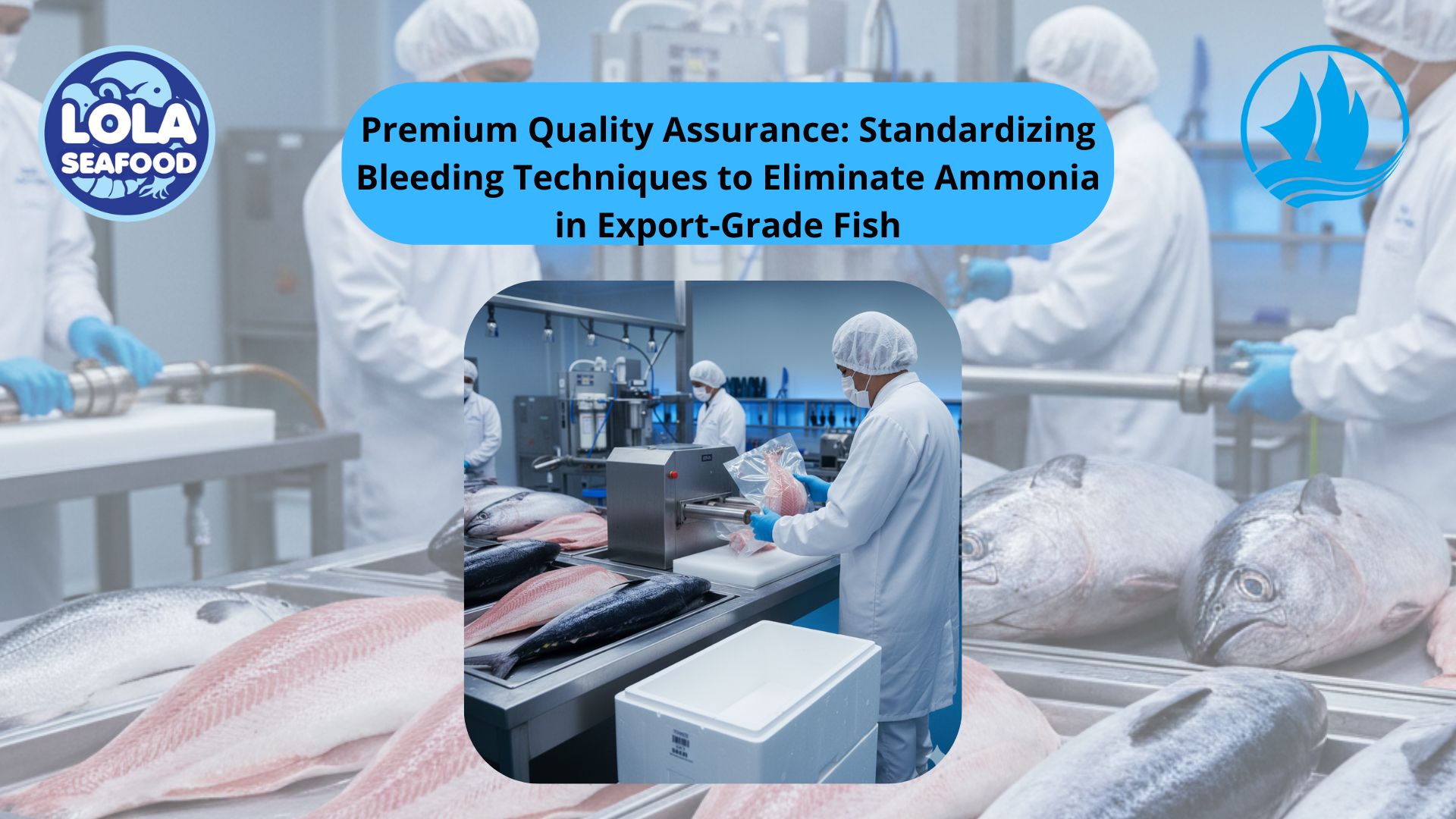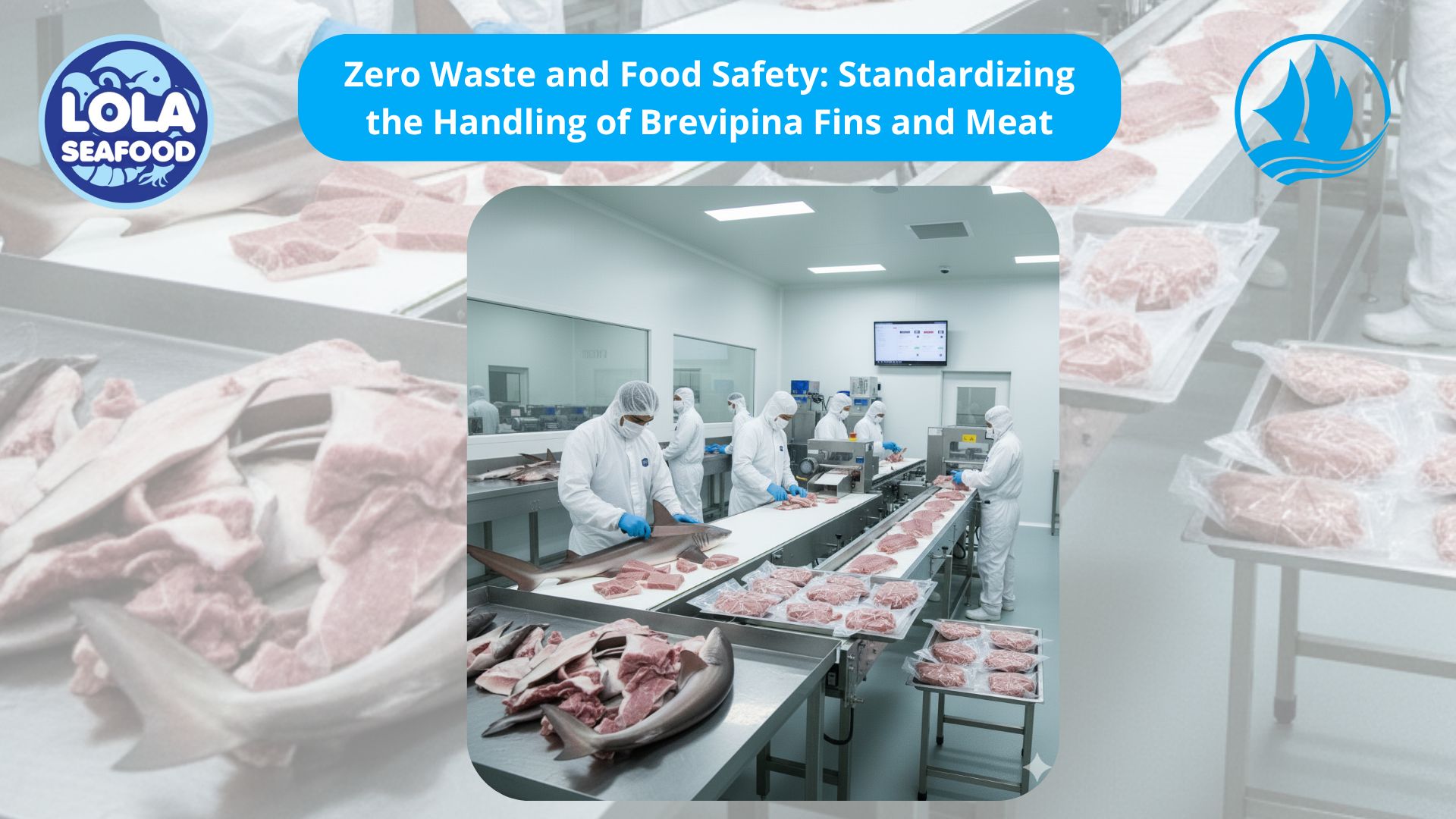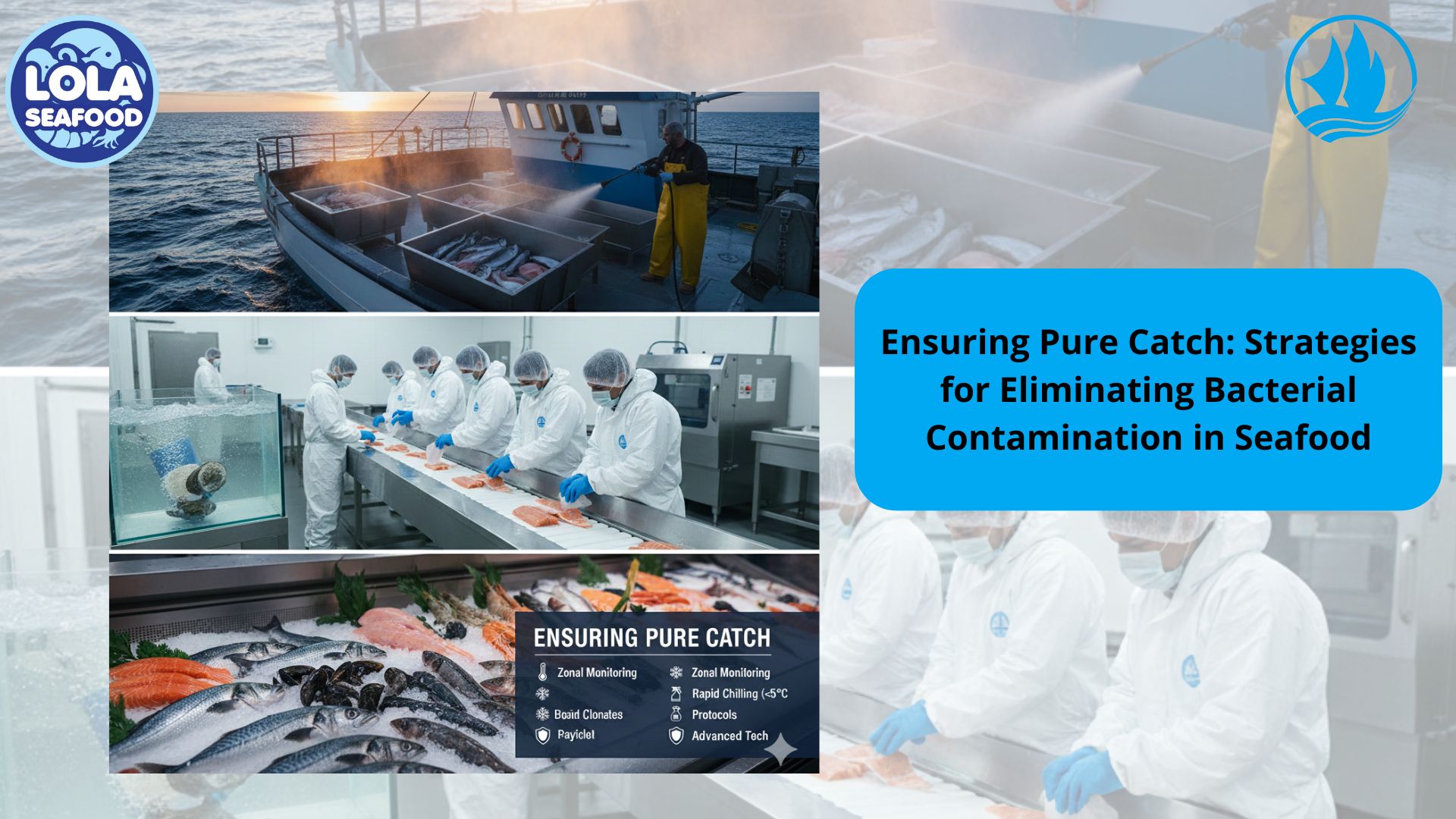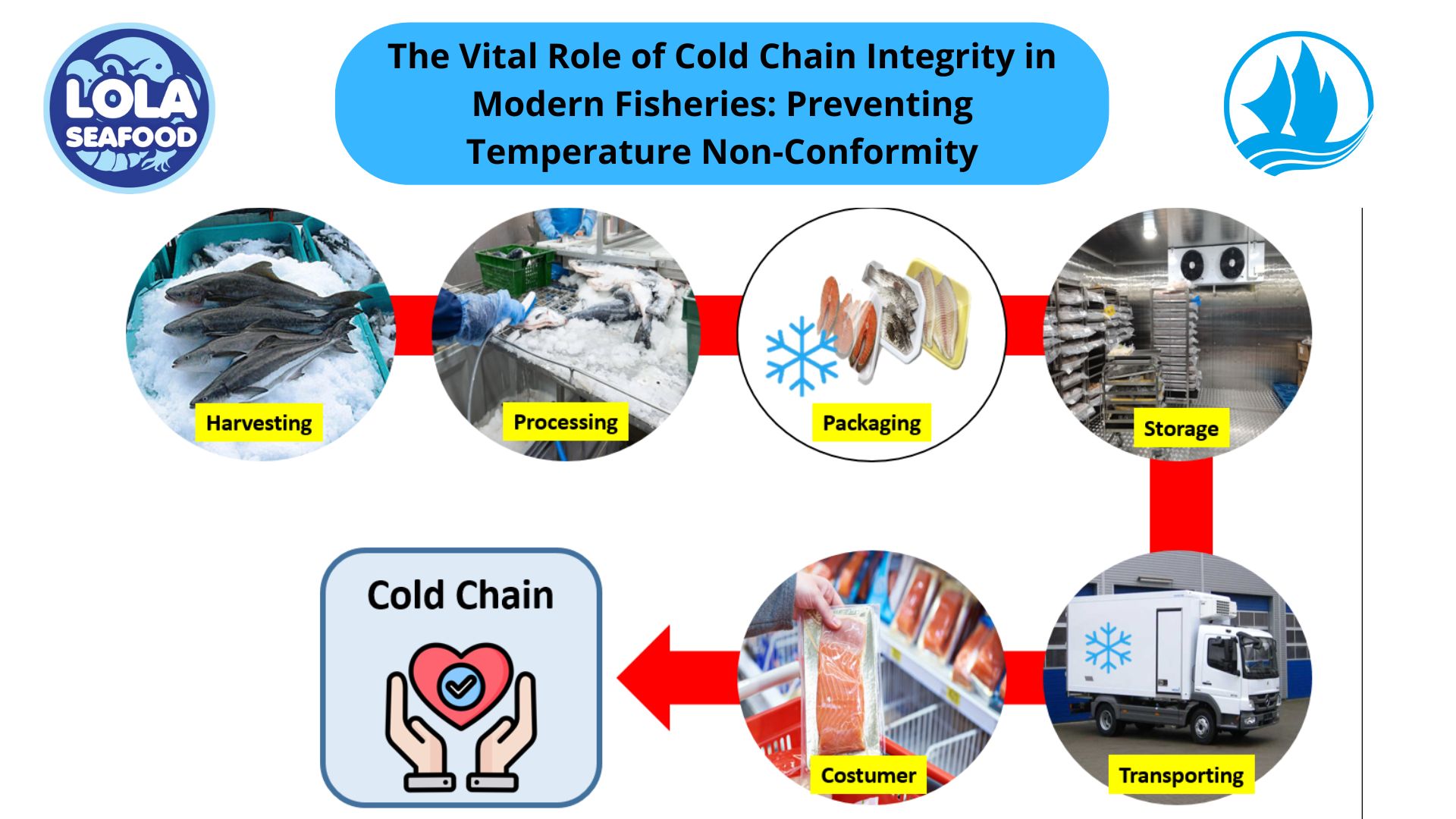Key Facts About Tuna Exports to Avoid Rejection
By. Wiwik Rasmini - 15 Jan 2025
kelolalaut.com Exporting tuna is a significant activity for Indonesia’s economy. As one of the world’s largest tuna producers, Indonesia must ensure that exported tuna meets international standards. Here are some crucial aspects to consider to prevent rejection in destination countries:
1. Product Quality and Freshness
The quality of tuna is a top priority. Ensure that the exported tuna:
- Is fresh or frozen according to international standards.
- Shows no signs of damage, such as excessive fishy odor, discoloration, or abnormal texture.
- Is stored at the correct temperature during capture, storage, and transportation.
2. Food Safety Standards
Destination countries have strict regulations regarding food safety. Key points to ensure include:
- Absence of harmful chemicals, such as mercury, histamine, or antibiotic residues above permissible levels.
- Processing is conducted in facilities that meet international food safety standards, such as HACCP (Hazard Analysis and Critical Control Points) certification.
- Free from microbiological contamination, such as Salmonella or Listeria bacteria.
3. Compliance with Legal and Documentation Requirements
Complete and accurate documentation is critical in the export process. Ensure that:
- Export permits, such as the Fisheries Business License (SIUP) and Health Certificate, are obtained.
- Catch certificates comply with regulations set by Regional Fisheries Management Organizations (RFMOs).
- Destination country documents, such as quarantine certificates, are fulfilled.
4. Product Labeling and Information
Clear labeling that meets destination country standards is essential. Ensure the label includes:
- Product name (e.g., Yellowfin Tuna, Skipjack Tuna).
- Net weight and gross weight.
- Production and expiration dates.
- Information about the fishing method, especially if the destination country has specific sustainability policies.
5. Compliance with International Trade Regulations
Destination countries, such as the European Union, the United States, or Japan, have strict regulations regarding fishery products. Ensure that:
- Tuna comes from legal and sustainable fishing practices.
- There is no involvement in Illegal, Unreported, and Unregulated (IUU) Fishing.
- Standards such as FDA (Food and Drug Administration) for exports to the United States or EU Regulations for exports to the European Union are met.
6. Packaging and Transportation
Packaging and transportation play a vital role in maintaining tuna quality. Pay attention to:
- Packaging that is airtight and made of food-safe materials.
- Tuna is stored at a stable temperature during shipping.
- Use of an effective cold chain to prevent spoilage.
7. Awareness of Consumer Preferences
Some countries have specific preferences for tuna products. For example:
- Japan prefers tuna with a very high level of freshness.
- The European Union tends to focus on sustainability and ecolabel certification.
If you are interested in our snapper whole round / whole gilled gutted scaled and snapper fillet skinless please do not hesitate to contact us through email and/or whatsapp
.jpg)





.jpg)

.jpg)